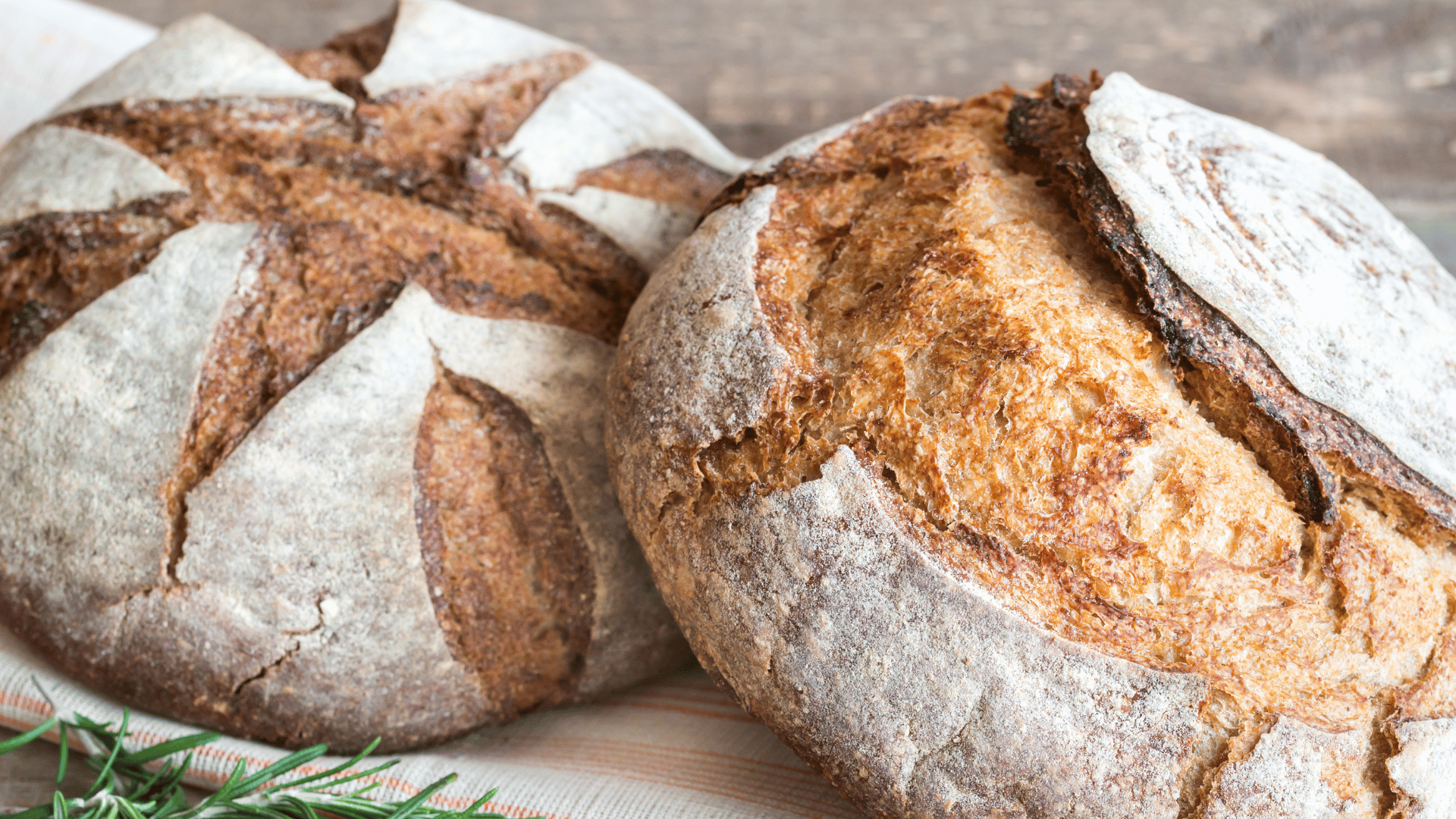
|
This post may contain affiliate links, which means that we may receive a commission if you make a purchase using these links. As an Amazon Associate, we earn commission from qualifying purchases.
Baking your own bread at home has become increasingly popular, especially as more people seek healthier and more natural food options. Among the various types of bread, sourdough stands out for its unique flavor, texture, and numerous health benefits.
Whether you’re a seasoned baker or a curious beginner, making sourdough bread at home offers an array of advantages that go beyond the kitchen.
In this post, we’ll explore 17 compelling benefits of homemade sourdough bread that will inspire you to start baking and enjoying this delicious, artisanal treat.
1. Rich, Tangy Flavor: Sourdough bread has a unique, tangy flavor that you won’t find in other types of bread. This comes from the natural fermentation process, giving each bite a distinctive taste that’s both savory and slightly sweet.
2. Healthier Ingredients: When you make sourdough bread at home, you can choose high-quality, organic ingredients. This means no preservatives or additives, just wholesome flour, water, and salt, making it a healthier choice for you and your family.
3. Easier to Digest: Sourdough is easier on your digestive system because the natural fermentation process breaks down gluten and other hard-to-digest components. This can reduce bloating and make it a good option if you have mild gluten sensitivities.
4. Supports Gut Health: The fermentation process in sourdough creates lactic acid bacteria, which are beneficial for your gut. Even though most of these bacteria don’t survive baking, they still help improve your digestive health.
5. Nutrient Boost: Sourdough fermentation increases the availability of nutrients in the bread, such as B vitamins, iron, and magnesium. This means you get more nutritional benefits in every slice compared to regular bread.
6. Lower Glycemic Index: Sourdough bread has a lower glycemic index than many other breads. This means it doesn’t spike your blood sugar levels as much, helping you maintain steady energy and potentially manage diabetes better.
7. Longer Shelf Life: Homemade sourdough bread naturally lasts longer without preservatives. The acids produced during fermentation help prevent mold, keeping your bread fresh for a longer time.
8. Less Gluten: The fermentation process in sourdough reduces the amount of gluten in the bread. This makes it a better option for people with mild gluten sensitivities who still want to enjoy bread.
9. Better Texture: Sourdough bread has a wonderful texture with a chewy crumb and a crisp crust. The long fermentation process creates large, airy holes, giving the bread a rustic, artisanal quality.
10. Versatility: You can customize your sourdough bread to suit your tastes. Add ingredients like seeds, nuts, herbs, or dried fruits to create a variety of flavors and textures that make each loaf unique.
11. Cost-Effective: Making your own sourdough bread at home is cost-effective. Basic ingredients like flour, water, and salt are inexpensive, and you can make multiple loaves from a single bag of flour.
12. Educational Experience: Baking sourdough is a fun and educational hobby. You’ll learn about the science of fermentation, improve your baking skills, and gain a deeper appreciation for the art of bread-making.
13. Reducing Waste: Baking your own bread helps reduce waste. You can bake just the amount you need, and any leftover bread can be repurposed into croutons, bread crumbs, or even fed back into a new dough batch.
14. Mindful Eating: Making your own bread encourages you to eat more mindfully. You appreciate the time and effort that goes into each loaf, which makes you savor and enjoy each bite more fully.
15. Connecting with Tradition: Sourdough baking is an age-old tradition. By making your own bread, you connect with a practice that has been passed down through generations, adding a sense of history to your kitchen.
16. Stress Relief: The process of kneading dough and watching it rise can be very calming and therapeutic. Baking sourdough provides a creative outlet and helps relieve stress through a hands-on activity.
17. Control Over Fermentation: When you make your own sourdough, you have complete control over the fermentation process. You can adjust the sourness and texture of your bread to perfectly match your preferences.
From its rich, tangy flavor to its impressive health benefits, homemade sourdough bread is truly a culinary delight worth the effort.
By taking control of the ingredients and the fermentation process, you can create a loaf that is not only delicious but also tailored to your personal tastes and dietary needs. Plus, the satisfaction of baking your own bread adds a rewarding, hands-on experience to your kitchen adventures.
We hope these 17 benefits have inspired you to embrace the art of sourdough baking and enjoy all the wonderful advantages it brings to your table. Happy baking!

0 Comments